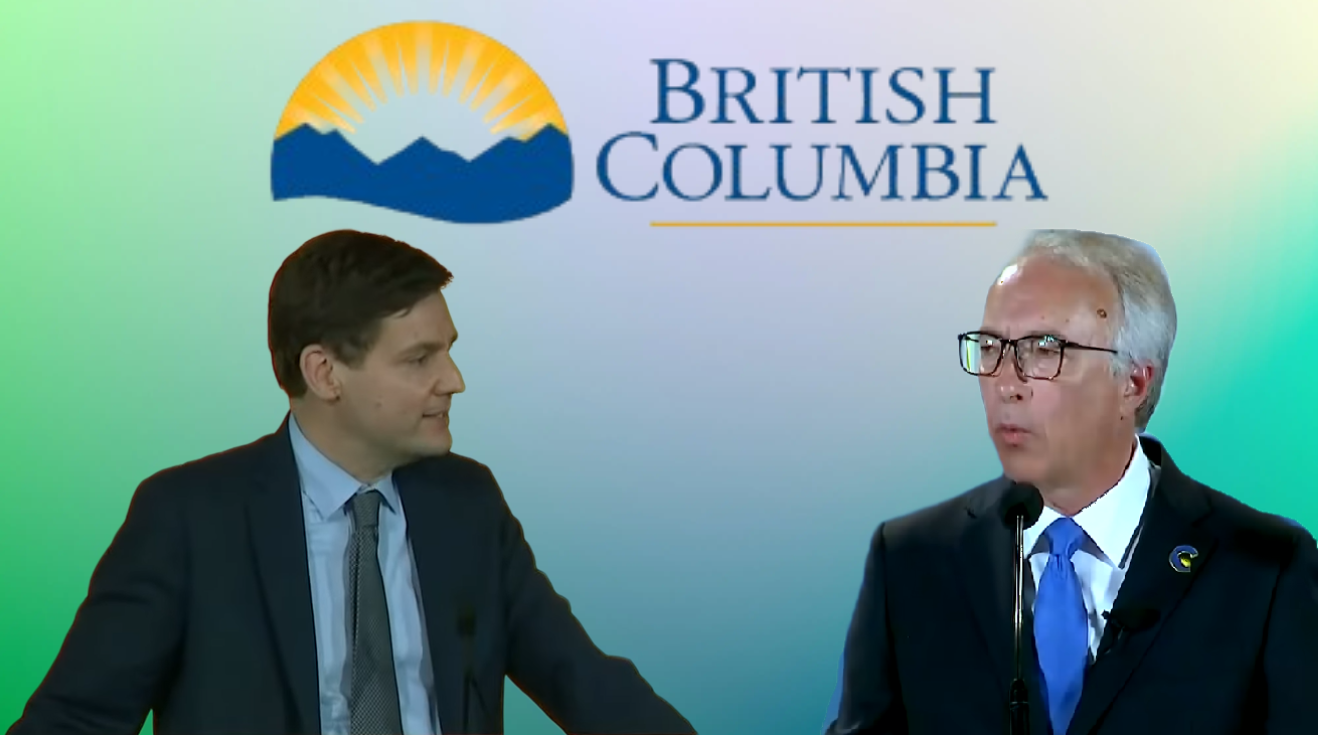After a razor-thin victory in the 2024 provincial election, British Columbia Premier David Eby has confirmed that the New Democratic Party (NDP) will maintain a majority in the BC Legislature following a series of recounts. With 47 seats for the NDP compared to 44 for the Conservatives and 2 for the BC Green Party, Eby and his party now face a legislature that reflects a mix of ideologies, which he suggests could bring an opportunity for collaborative governance.
Premier Eby acknowledged the slim margin of the NDP victory, stating that it serves as a reminder of British Columbians’ desire for progress on key issues. He highlighted that the diverse group of elected Members of the Legislative Assembly (MLAs) brings a wealth of experience and expertise, aiming to prioritize what he described as a set of “shared values” across party lines, including “fighting racism and hatred.” Despite achieving a majority, Eby expressed a willingness to work with members from all parties, noting that initial discussions with the Green Party have already taken place to address shared legislative goals.
Eby stated, “British Columbians have sent a strong message that they expect us to do better on affordability, public safety, and climate change.” The Premier also indicated he would continue outreach efforts across the political spectrum to address these issues, particularly concerning housing, healthcare, and the high cost of living, which were prominent issues during the campaign.
The NDP’s platform prioritizes economic security and environmental stewardship, issues that Eby emphasized as critical to maintaining provincial prosperity. Eby discussed the importance of tackling affordability pressures felt by many residents, promising a renewed focus on affordable housing and healthcare reforms that cater to BC’s growing needs. Another key issue, climate change, remains central to the NDP’s legislative plan, with Eby vowing to work closely with Indigenous communities to foster sustainable development and stewardship initiatives.
Eby also highlighted his administration’s commitment to addressing social and public safety concerns, including addiction and mental health issues affecting communities across the province. He underscored his goal to work with law enforcement, health providers, and community organizations to create a comprehensive approach to public safety while balancing compassionate care with stricter safety measures.
Premier Eby has conveyed his intention to start cabinet selection after Elections BC finalizes all results, with hopes for a legislative sitting by December. The session will focus on organizing a cabinet that aligns with Eby’s overarching goals for the province. While the NDP holds a slim majority, Eby expressed an openness to appointing MLAs from across party lines, potentially even considering a Conservative MLA as Speaker. This approach reflects Eby’s strategy of fostering a cooperative environment within the legislature, in line with his goal of “making sure this place works for British Columbians.”
Eby also mentioned the possibility of legislative collaboration on specific policies that align with other parties’ values, particularly with the Green Party on matters related to local health and environmental governance.
In response to questions from the media about competitive pressures on BC’s film industry, particularly from incentives provided by California, Eby confirmed that the NDP would continue to support the province’s media production sector. He emphasized the government’s goal to keep BC attractive for large film productions without engaging in a “race to the bottom” approach. Instead, Eby expressed confidence in BC’s established infrastructure and skilled workforce as key assets in attracting and retaining big-budget productions.
On environmental policy, the Premier reiterated his commitment to addressing climate change and pledged to remove the carbon tax if the federal government allows it, a topic that has garnered mixed reactions.
Acknowledging the noticeable divide between urban and rural voter priorities, Eby has vowed to represent the interests of communities beyond the Lower Mainland. He emphasized the importance of developing policies that benefit the whole province, underscoring that rural areas’ success is vital to BC’s overall well-being.
The Premier also referenced the lessons learned from previous legislative attempts, such as changes to the Land Act, which caused concern among both Indigenous and business communities. Eby pledged to improve communication and consultation with Indigenous leaders, ensuring that future policies reflect mutual goals and provide clarity for all communities involved.
The NDP’s slight majority comes at a time when British Columbia faces a series of socio-economic challenges. Eby’s administration must navigate high public expectations for improved affordability, comprehensive healthcare reforms, and strengthened public safety, all while addressing the critical issue of climate change. The Premier’s emphasis on collaboration—both within the NDP and with opposition parties—suggests a pragmatic approach that aims to unite British Columbians across political and regional lines.
As British Columbians await the new legislative session, the focus now shifts to how the policies will unfold and whether Eby’s vision of a collaborative and forward-thinking legislature can bring about the tangible changes that voters have called for.

